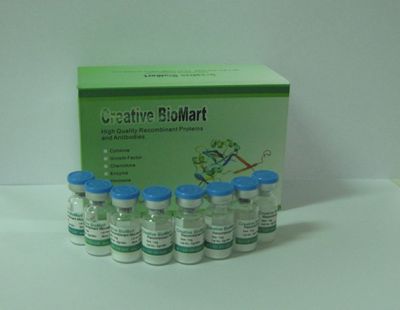| Message: | Epigenetic inactivation of genes plays a critical role in many important human diseases, especially in cancer. A major mechanism for epigenetic inactivation of the genes is methylation of CpG islands in genome DNA caused by DNA methyltransferases. Histone methyltransferases (HMTs) control or regulate DNA methylation through chromatin-dependent transcription repression or activation. HMTs transfer 1-3 methyl groups from S-adenosyl-L-methionine to the lysine and arginine residues of histone proteins. Inhibition of HMTs may lead to expression of the silenced genes and HMT inhibitors are currently developed for various therapeutic or experimental applications. G9a and polycomb group enzyme such as EZH2 are histone methyltransferases that catalyze methylation of histone H3 at lysine 27 (H3-K27) in mammalian cells. H3-K27 methylation mediates heterochromatin formation by forming a binding site for polycomb and also participates in silencing gene expression at euchromatic sites. Increased H3- K27 methylation is also found to be involved in some pathological processes such as cancer progression. There is no method currently used for measuring HMT activity/ inhibition (H3-K27). The Histone Methyltransferase Activity/ Inhibition Assay Kit (H3-K27) addresses this problem by using a unique procedure to measure HMT activity/inhibition (H3-K27).
https://www.creativebiomart.net/histone-methyltransferase-activityinhibition-assay-kit-h3-k27-463121.htm |
 my account
my account
 log out
log out
 my account
my account
 log out
log out
